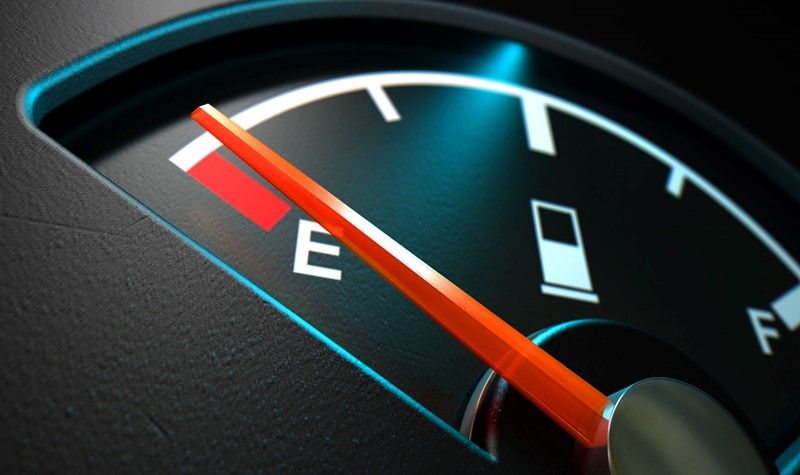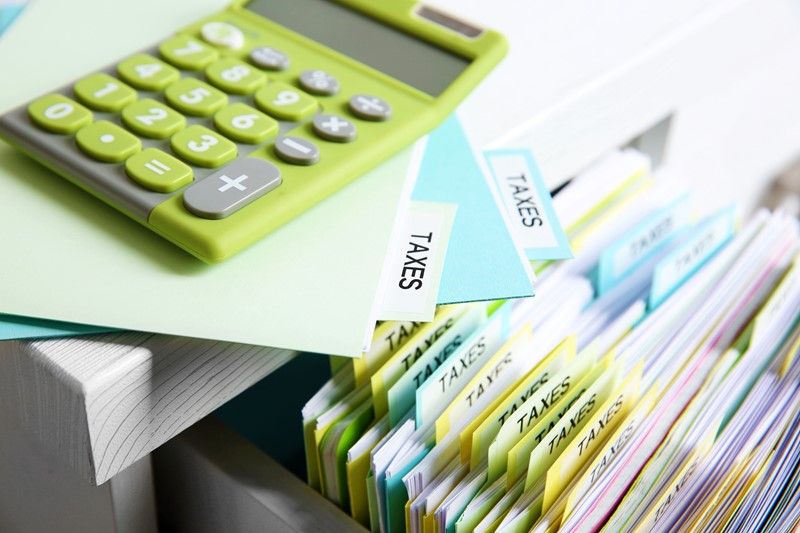Avoiding the car fuel benefit charge
Employees with company cars may be paying unnecessary tax on private fuel, when reimbursing the cost of private fuel in full can often remove the car fuel benefit charge altogether.
Where an employee is provided with a company car and fuel for private use, the default position is that the employee must pay the car fuel benefit charge. The amount of the charge is calculated based on the car’s CO2 emissions and applied to the car fuel benefit multiplier, which is currently £28,200 and is set to increase to £29,200 for the 2026–27 tax year.
Avoiding the car fuel benefit charge is possible if the employee reimburses their employer for all fuel used for private journeys, a process known as ‘making good’. Private fuel includes all fuel used for commuting to and from work. To do this, employees should keep a record of private mileage and repay their employer using the published advisory fuel rates. These rates are designed to reflect average fuel costs and are updated quarterly.
If properly documented, HMRC will accept that no car fuel benefit charge is due, meaning the employee avoids the income tax liability on the private fuel. In most cases, reimbursing the employer is far cheaper than paying the tax, especially for employees with relatively low private mileage.
The car fuel benefit charge will still apply if it cannot be demonstrated to HMRC that the employee has reimbursed the full cost of fuel used for private journeys, including commuting. To prevent this, employees must maintain a detailed log of private mileage and ensure they make good the cost of all fuel provided for private use.




